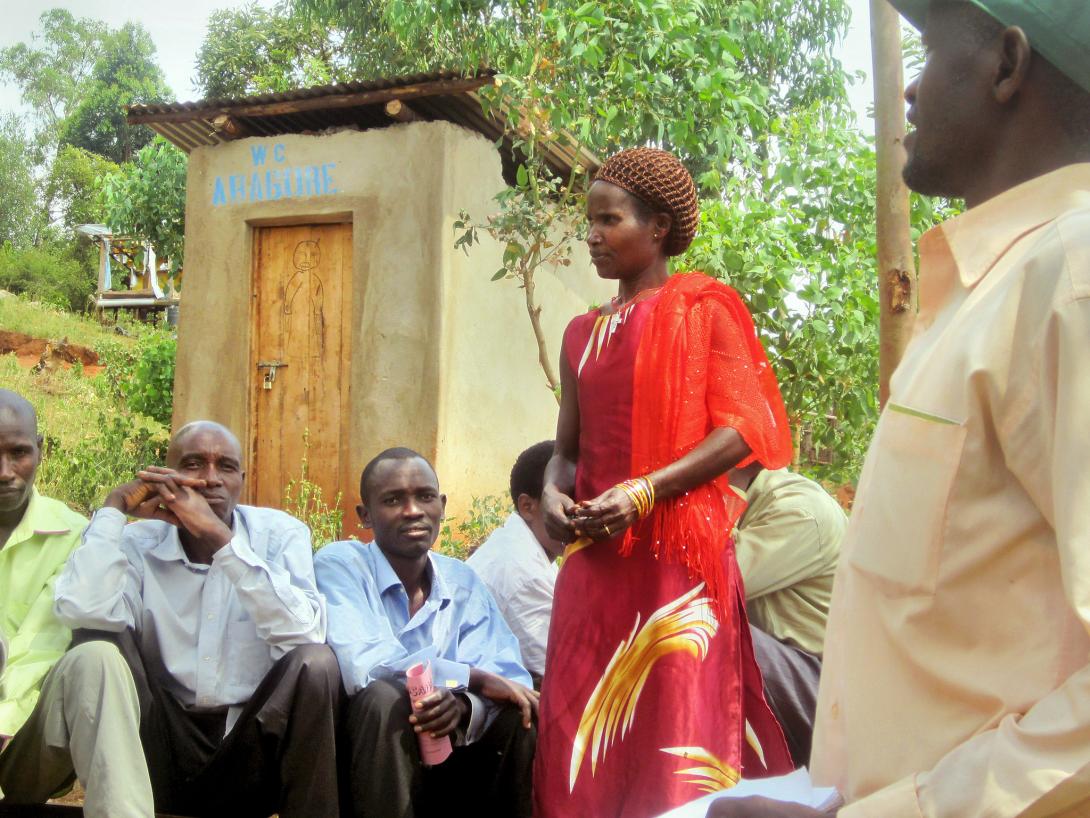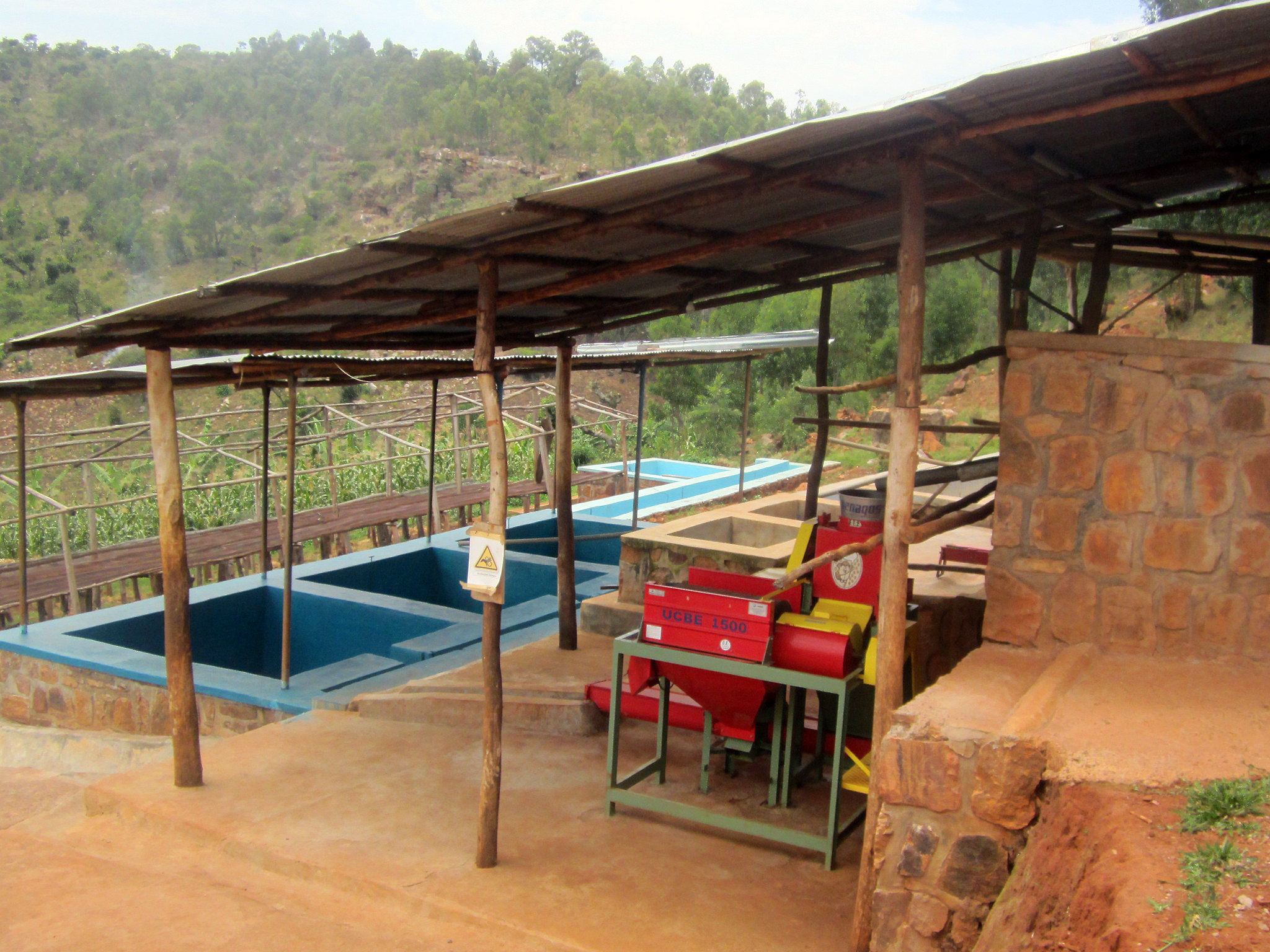
Heading into Kigali, the capital of Rwanda, from the eastern Ugandan capital of Kampala is as breathtaking a view as any. Nicknamed the ‘land of a thousand hills’ the terrain of this small landlocked country is something special. As the bus driver dips and swerves through the curves you can make out the little farms and small homes of the almost 13 million people. It's even better at night.
In the past a bus through Rwanda would have been inconceivable for anyone not well traveled in the region already, but after years of development projects that involve the building of roads, airports and railways it's common to see travelers of all stripes here. Struggling to rewrite a history defined by the 1994 genocide against the Tutsi, under the leadership of Paul Kagame the nation has averaged around 8% growth in the new millenium.
Not just a matter of economic prosperity, growing the Rwandan economy is a way to bring the country together. There exists a very real link between economic growth and sectarian violence, and for a nation not even a generation out from a genocide, keeping the population together is paramount. That is why in Rwanda economic policy, more often than not, is made with communal growth in mind. One example is Girinka, a poverty alleviation strategy where communities share livestock offspring. The government can then provide one family a cow, and let copulation take care of the rest. Another example is Umuganda, a community cleanup campaign, where those in the country are encouraged to clean their local communities, build projects and work together, the final Saturday of every month. These are positive economic strategies that go a long way to bringing Rwandans together. Yet what is maybe most striking is the power of co-operatives in the nation, and abroad.

Nestled in the Bugesera district, the community of Gateko has been at the nexus of Rwanda’s cooperative economic gains. Scarred in 1994, the community has been revived through the work of community representation, government help, and diaspora involvement. A Toronto based, Rwandan run, non profit, Shelter Them, has since 2015 been part of Gateko’s story. At first the groups worked towards building a community centre, and providing much needed necessities. In 2020, the community became self-sufficient with the institution of Tubeho Neza, a savings cooperative, started in the region. Able to help themselves, the people in Gateko have also started a women's sewing cooperative known as Berwa Iwacu, a social enterprise with its own fashion line. All women cooperatives are very common, the country has worked hard to involve women in their growth, not just as the right thing to do, but due to the imbalances that came after a genocide, where men were the biggest perpetrators and mortality victims.
Co-operatives as economic engines work to build community connections between members' economic self interest. In places with large civil disruptions, co-operatives play a role in holding social fabrics together. Rwanda, the east African nation, has grown on the backs of its co-operatives network. With government support, the Rwanda Co-operative Agency has worked to pull Rwandans together after the economic and social collapse of the 1994 genocide.
In 2005 the Rwandan government implemented work on the legal framework necessary to allow cooperatives to flourish within the nation's economic system. Beyond providing subsistence needs for local workers, the government with the creation of the RCA implemented steps to make co-operatives a part of the country's development success. According to ILO documents, co-operatives in the post genocide period rose as many felt the need for protection and safety within the social grouping co-operatives provide. Yet it is often in these cooperatives people are faced with ghosts from their past, as one women put it:
“Her husband killed my husband [pointing to another member], he was in prison, but is out now, while I will never see my husband again. Our daughters have grown up together, they played together. I worked together with the lady, we live together as one. It was not easy to trust again, there was a lot of suspicion, however we attended the Gacaca, we heard the man’s accounts of how he killed my husband, each thing he did to him. He cut him with a machete here [pointing to her arms] and here [pointing to her neck]. He asked for forgiveness from my family. He also beat my mum until she looked like she was dead [this is her in the photo, sitting close to the man], she survived. It is not easy and it does not happen quickly, but we have forgiven. What other choice did we have? Our daughters, you see here in the photo. We do not want them to experience the same things that we have. We have to forgive in order to make sure this does not happen again, that they are not brought up with hate in their hearts. We have to prevent everything that could lead to war.”
- Buranga Cooperative member ‘Cooperatives Europe’
By far the most cooperatives exist in coffee, as the product has come to dominate the economy. Some of the best coffee originates from co-ops all over Rwanda. US based Illy Cafe named Rwandan coffee the world’s best in 2017, and as a Rwandan I agree. Dotting the country are small holder and cooperative farms. One major directive by the government has been the communal washing stations for small hold farmers. Not able to afford the giant stations seen in other regions, the government's investment has gone far to improving incomes of farmers within co-operatives, and linking the community together further.

Efforts by the RCA and people of Rwanda have led cooperatives to grow ninefold since 2005. By 2018, 43% of all Rwandans over 15 were in cooperatives, making this system less a niche, and more a way of life. The communal aspects of Rwanda are only enhanced with programs like girinka. Together these programs, with the imposition of cooperative companies, pull the social fabric of Rwanda tighter than ever before, and improve standards of living for everyone. As nations as far flung as the United States or Germany deal with political polarisation and lack of trust, Rwanda can show a way that co-operatives can strengthen the bonds between individuals, groups and nations.
Citations
Likam Kyanzaire (2022). Rwanda's Cooperatives of Trust. Grassroots Economic Organizing (GEO). https://geo.coop/articles/rwandas-cooperatives-trust

Add new comment